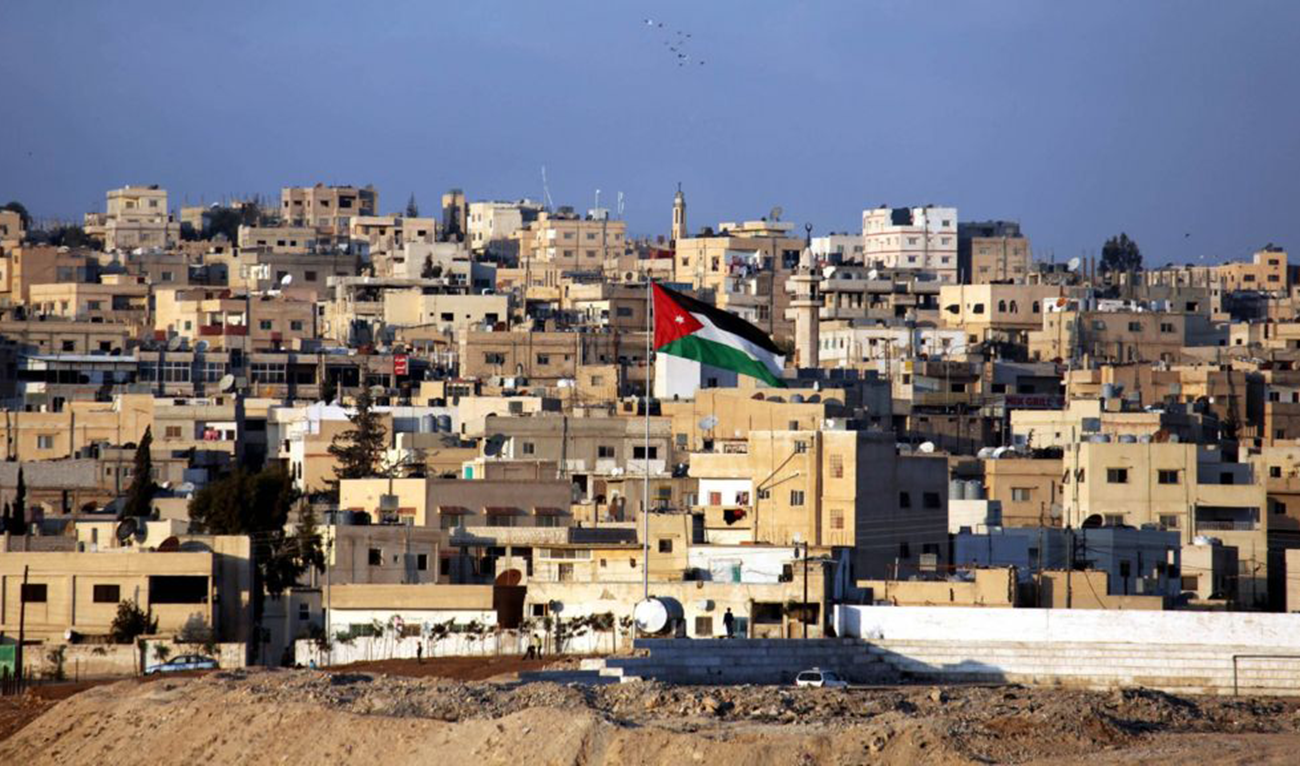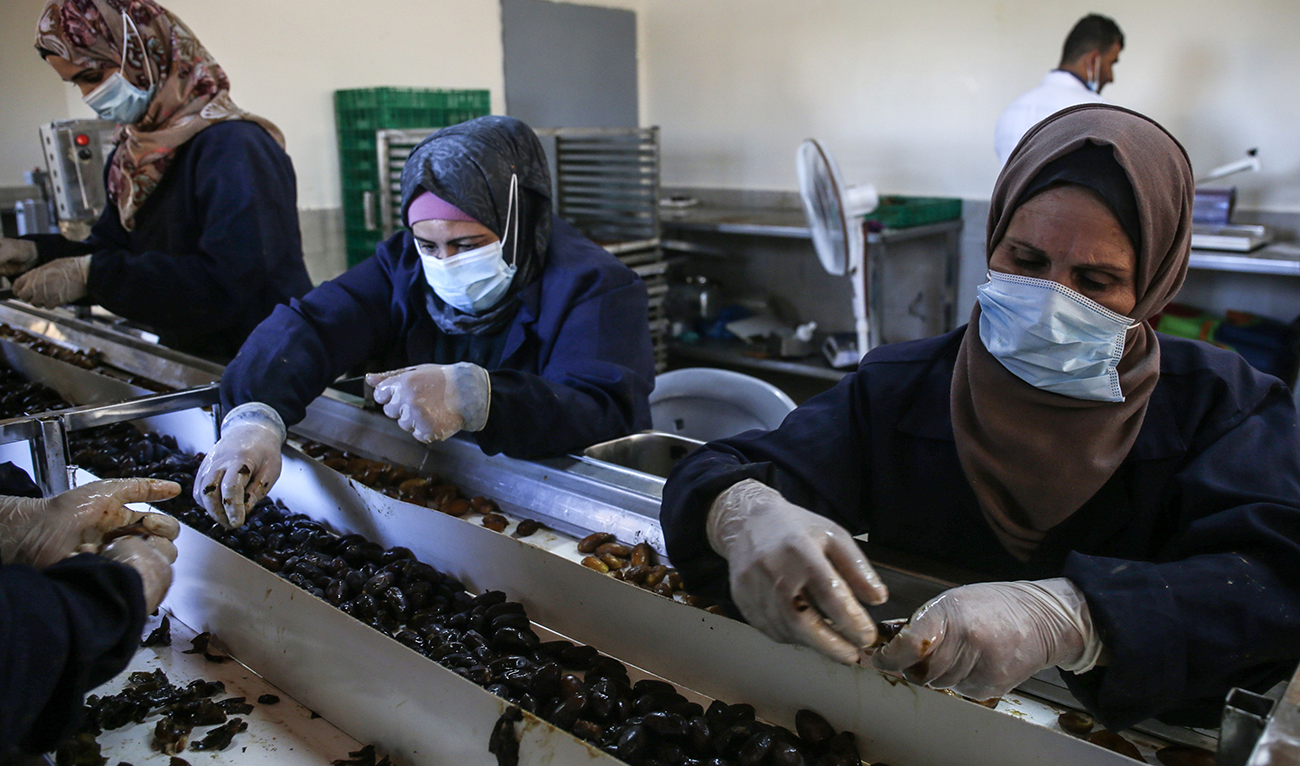Turkish court and ministry spar over lighting tweet
ANKARA: A dispute between Turkish state apparatus heated up on Tuesday night after a Twitter spat about who worked harder at night.
The fresh debate was triggered after a tweet from a Constitutional Court member, Engin Yildirim, who shared a photograph of the building and said: “The lights are on.”
The tweet quickly came to the attention of pro-government media and government authorities, who accused the judge of “implying a coup attempt,” a reference to a failed putsch from July 2016.
Not to be outdone, the Ministry of Interior tweeted a photograph of its building with the caption: “Our lights never go off.”
“Those who assumed the duty of those who greeted putschists in the past by saying ‘the lights of the General Staff are on’ should not wait even for a second to resign!” the deputy interior minister tweeted, suggesting that journalists had always previously checked the General Staff building’s lights at night for signs that a coup was being prepared.
The judge later deleted his tweet.
The Constitutional Court held an unscheduled meeting on Wednesday, releasing a statement afterwards saying that it opposed all kinds of anti-democratic interventions that undermined constitutional order.
Berk Esen, a political scientist from Sabanci University in Istanbul, said the row between the court and the ministry was worrying and that he was concerned about the possible negative ramifications in the weeks ahead.
“For many, the lights don’t matter if justice and the rule of law are already under darkness for a longtime,” he told Arab News. “The decisions of Turkey’s top court were long annoying the government and its nationalistic alliance partner which was even urging for reshaping the court ‘in line with the presidential system.’”
A series of Constitutional Court actions have upset the ministry which, in turn, has pushed back and tried to cut the institution down to size.
Esen said that if the top court’s decisions were no longer recognized, there would be no legal body left to stop an arbitrary interpretation of Turkey’s constitution.
“In the past, the Constitutional Court did not take the necessary steps to prevent autocratization in the country and ratified many articles that undermined the democratic regime, including some presidential decrees.
It failed to serve as a check on the presidency’s growing control over the political system, so they share some blame for Turkey’s democratic backsliding,” he added.

Turkish court paves way to turn Hagia Sophia into a mosque, Erdogan signs decreeTurkish court convicts four rights activists on terrorism-related charges



